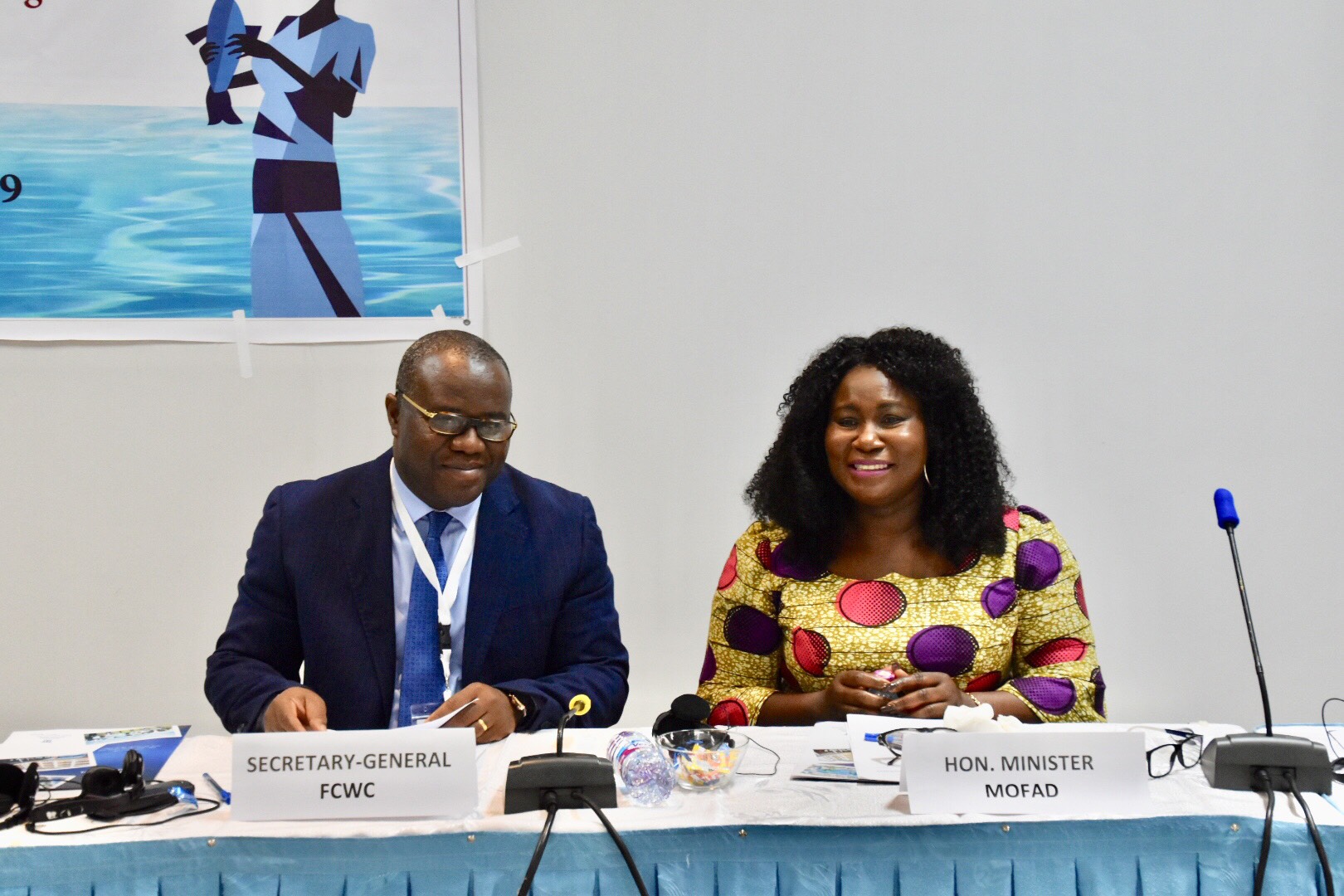Minister for Fisheries and Aquaculture Development, Elizabeth Afoley Quaye, has tasked sector stakeholders across the sub-region to strengthen efforts that seek to prevent, eliminate and deter the practice of illegal, unregulated and unreported fishing (IUU) and other labour-related crimes at sea.
According to the minister, aside the threats of “saiko”, indecent working conditions for workers along the fisheries value chain impedes the growth of the industry, as it renders workers unproductive and undermines efforts to tackle the challenges of the sector.
“One-third of fishes caught in our waters are labeled under IUU and this is valued at millions of dollars. As part of the fight against this practice, there is the need to promote safe and decent work in the industry,” she noted.
She added: “Food security must be protected; and the private sector, CSOs and consumers must be involved in the fight.”
The minister was speaking at a four-day workshop organized by the Fisheries Committee of West and Central Gulf of Guinea (FCWC), an intergovernmental body in the fisheries sector, in collaboration with the Apostleship of the Sea and the Food and Agriculture Organisation in Accra.
The workshop convened policymakers and related actors in the fisheries and aquaculture value chain to deliberate practical measures to sustain the industry.
Promoting safety and decent work in the fisheries value chain in the fishing industry are not well documented to be managed in across the West and Central Arica sub-region regions.
It has been demonstrated that practices such as illegal, unreported and unregulated fishing in capture fisheries can be closely linked to labour abuse, including exploitation of poor migrant workers.
Also, there is limited organization and voice for the majority of stakeholders in the sector, such as small scale fishers, fish farmers and workers in the value chains, which hinders their capacity to influence policy and legislation and access better employment opportunities.
The four-day workshop was therefore to help stakeholders in the fishing and aquaculture value chains to make strong action calls that will help in the formulation of regional strategic plans that would lead to practical working conditions in the fisheries industry.”
Mr. Seraphin Dedi Nadje, Secretary-General of FCWC, said of workshop: “In our region, protection of the labour rights of fishers, aquaculture workers and fish workers is limited, and even when regulations exists, enforcement is poor.”
“This seminar is expected to promote safety, decent work and the fight against IUU fishing in the fisheries sector for the mutual benefit of actors along the value chain in West Africa.”
FCWC is an inter-governmental organization established in 2007, bringing together six countries: Benin, Cote d’Ivoire, Ghana, Liberia, Nigeria and Togo, to promote regional cooperation and sustainable use of their shared fisheries resources.
As a regional fisheries body, anchored in West Africa, the organization plays a critical role in delivering maritime security in the sub-region by promoting good ocean governance, effective enforcement and joined up monitoring, control and surveillance activities that increase compliance in the fisheries sector.
